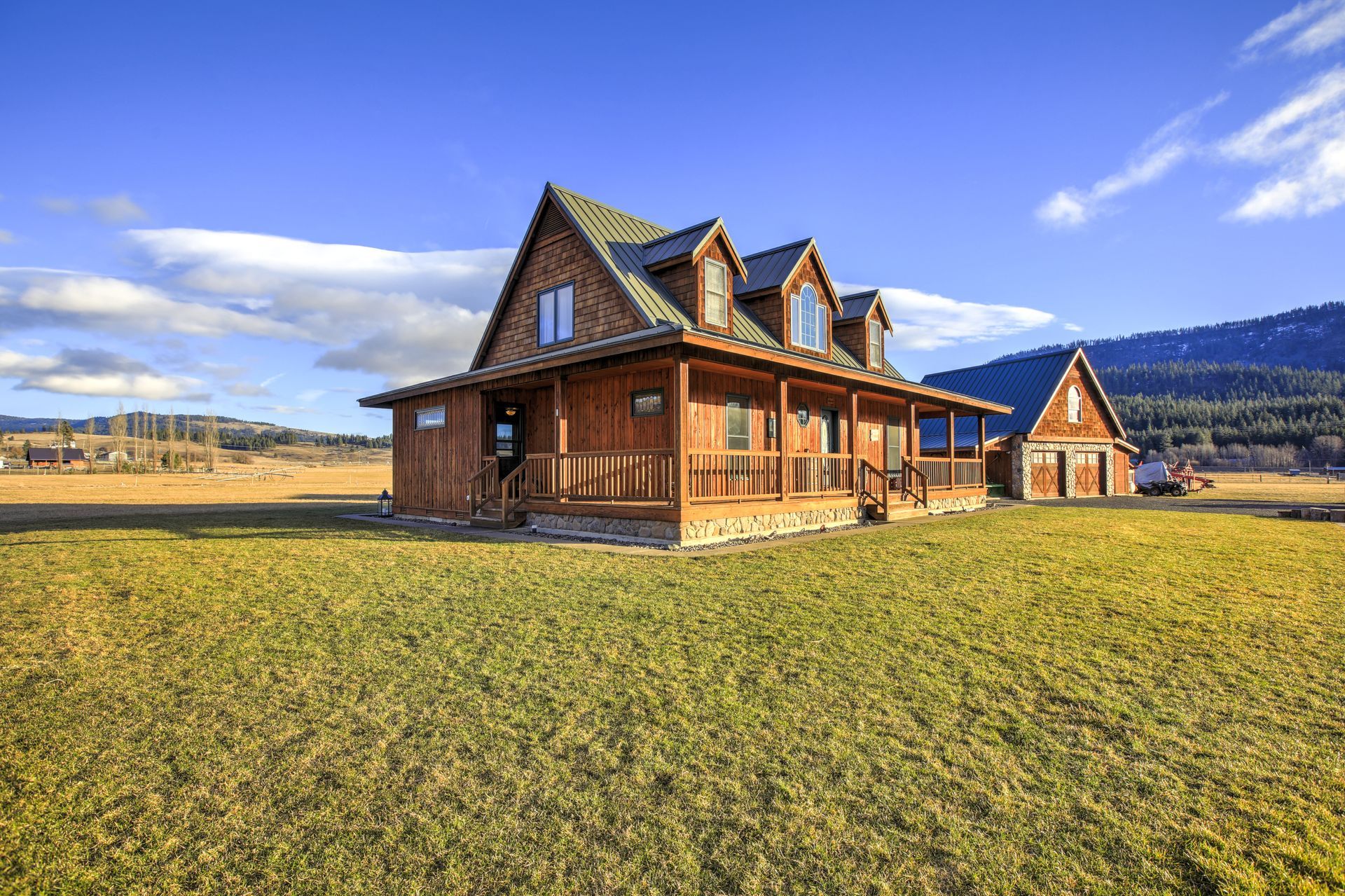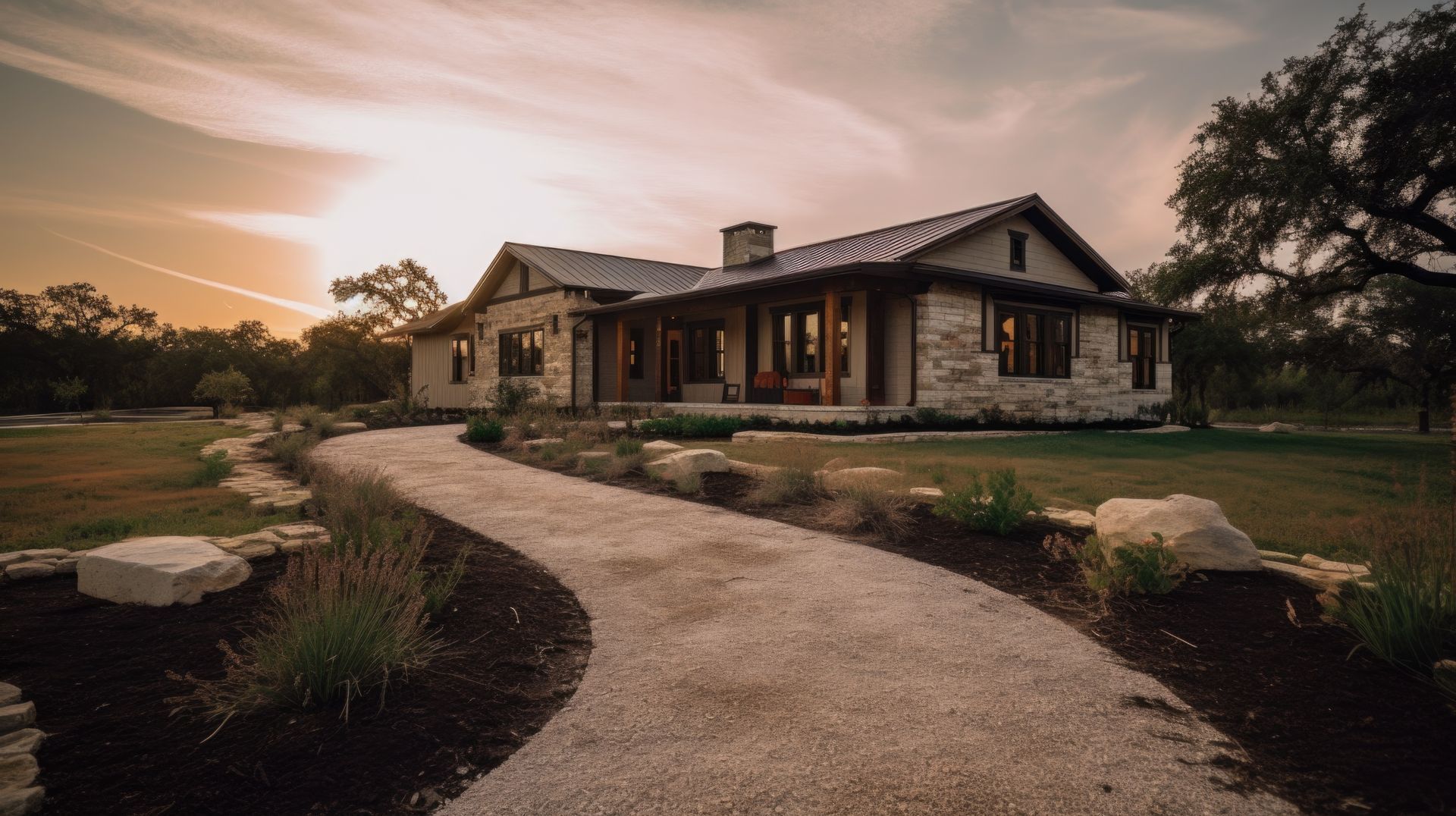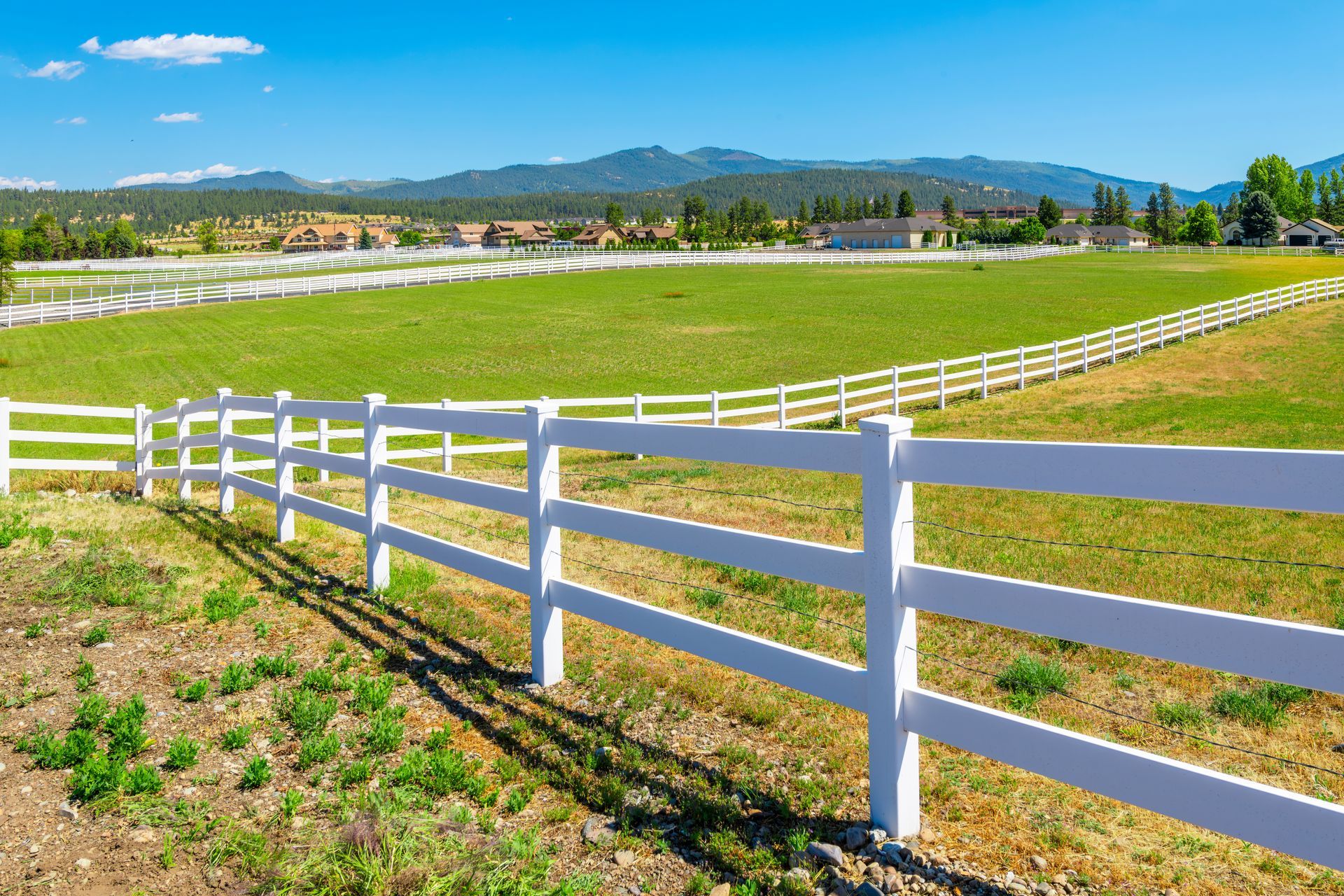The Differences Between Buying a Second Home and an Investment Property

It’s not uncommon for people to invest their hard-earned wealth into real estate. After all, real estate is considered a tangible asset that can provide a roof over your head, financial stability and potential growth over time.
If you’re already a homeowner in Texas but are looking to purchase more property, you’re likely facing a dilemma whether it should be a second home or an investment property. While the two are similar in some ways, there are also some key differences between a second home and an investment property, such as how you intend to use the property.
What Is a Second Home?
A second home, also known as a vacation home, is a one-unit property you buy in addition to your current home. It’s often located in a different geographic area, such as a beachfront property, a cabin in the woods or a house in a popular vacation destination.
A second home provides a getaway or a place to retreat to for vacations, weekends or extended periods. You can technically rent your second home to third parties; however, you’re required to live in it for more than 14 days of the year or at least 10 percent of the total days you rent it to others.
What Is an Investment Property?
An investment property refers to a real estate property that is purchased with the primary purpose of generating a return on investment (ROI) rather than being used as a “home away from home” like in the case of a second home. Investors acquire investment properties to earn income through rental payments, property appreciation or a combination of both.
Investment properties can take various forms, including residential properties (such as single-family homes, apartments or condominiums), commercial properties (such as office buildings, retail spaces or warehouses) and even vacant land.
Investment properties don’t have to be occupied by the owner. In other words, you never have to live there and can rent it out all year round to third parties.
Financing a Second Home Versus an Investment Property
If you plan to finance your property, it’s generally easier to get approved for a second home mortgage loan than an investment property loan.
When you apply for a mortgage loan, you’ll need to indicate how you plan on using the property. Generally, primary residence loans are the easiest to get approved and the least expensive to finance. This is because lenders assume you won’t walk away from your primary (and typically only) home.
The requirements for financing a second home can be stricter. Lenders may ask for at least a 10 percent downpayment and your interest rate may also be slightly higher than for a primary home. Lenders assume there’s more risk involved when a borrower purchases a second home (borrowers typically prioritize making payments on their primary residence when faced with a financial hardship).
Financing an investment property usually involves the most stringent lending requirements. Lenders may require higher down payments, typically in the range of 20 percent or more, as well as a more thorough evaluation of the property's income potential and the borrower's financial profile. The interest rates for investment property loans can also be higher.
Tax Benefits of Owning a Second Home Versus an Investment Property
Both second homes and investment properties may qualify for mortgage interest deductions. The interest paid on mortgage loans for these properties can be deductible, subject to certain limitations.
If you rent out your second home for a limited period each year, you may still be able to enjoy tax benefits. Generally, you can deduct rental expenses such as property management fees, maintenance costs, advertising expenses and utilities. However, if you rent out the property for more than 14 days per year, there may be additional considerations, such as limitations on deductions.
One significant tax benefit for investment properties is the ability to claim depreciation expenses. Depreciation is a deduction that allows you to account for the wear and tear of the property over time. This deduction can help offset rental income and lower your taxable income.
Should I Purchase a Second Home or an Investment Property?
The answer depends on your personal goals and preferences. If your primary objective is to have a weekend or vacation getaway, a second home may be more suitable. It allows you to have a dedicated space for relaxation and enjoyment whenever you desire. Keep in mind, even if generating income isn’t your main goal, you can still rent out your second home to others for some of the year, which could allow you to generate supplemental income and help offset the costs of owning the property.
On the other hand, if generating rental income is your primary goal, an investment property may be more appropriate. Investment properties are specifically acquired with the intention of generating income through renting out the property to tenants. This can provide a steady stream of passive income and potentially contribute to your long-term financial goals.
It’s important to note that HOAs and private communities may have strict limitations on what member homeowners can do with their properties, including restrictions on long- or short-term rentals. Be sure to understand relevant guidelines carefully before purchasing a property for the purpose of generating rental income.
Build Your Dream Home in the Texas Backcountry
Are you looking to escape the hustle and bustle of the big city? Do you dream of having a second home close to nature and all it has to offer? Do you wish for a peaceful retirement in a home surrounded by natural beauty?
If you’ve answered “yes” to at least one of those questions, becoming a homeowner at Ranger Ridge might be your very own dream come true.
Our estates consist of five- to seven-acre parcels for purchase. Our master-planned community gives you access to lakes, creeks and a clubhouse equipped with a swimming pool, fireplaces and even an outdoor bar.
Reserve your homesite today before it’s too late. To learn more about us or schedule a tour, call 817-618-6773.










